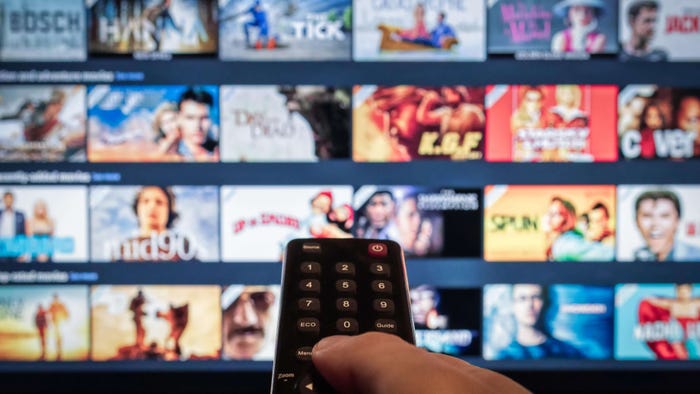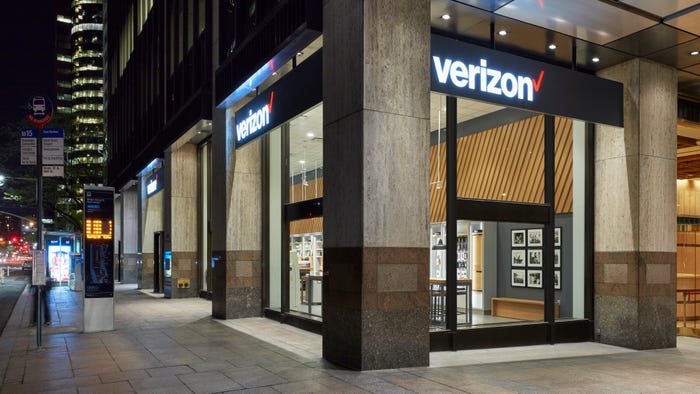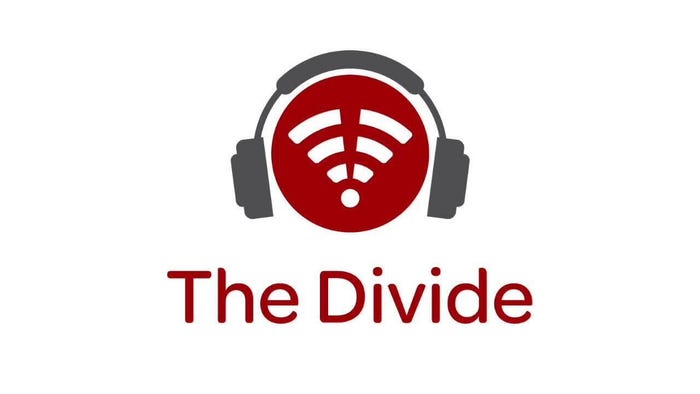TV television displaying streaming content with hand holding a remote control in the foreground.
Video Streaming
Has streaming reached a new plateau?Has streaming reached a new plateau?
HarrisX data shows that streaming penetration of US households dropped in Q1 2024 while the average number of services per household has flattened. 'Streaming has become a zero-sum game,' MoffettNathanson said in its analysis.
Subscribe and receive the latest news from the industry.
Join 62,000+ members. Yes it's completely free.














































